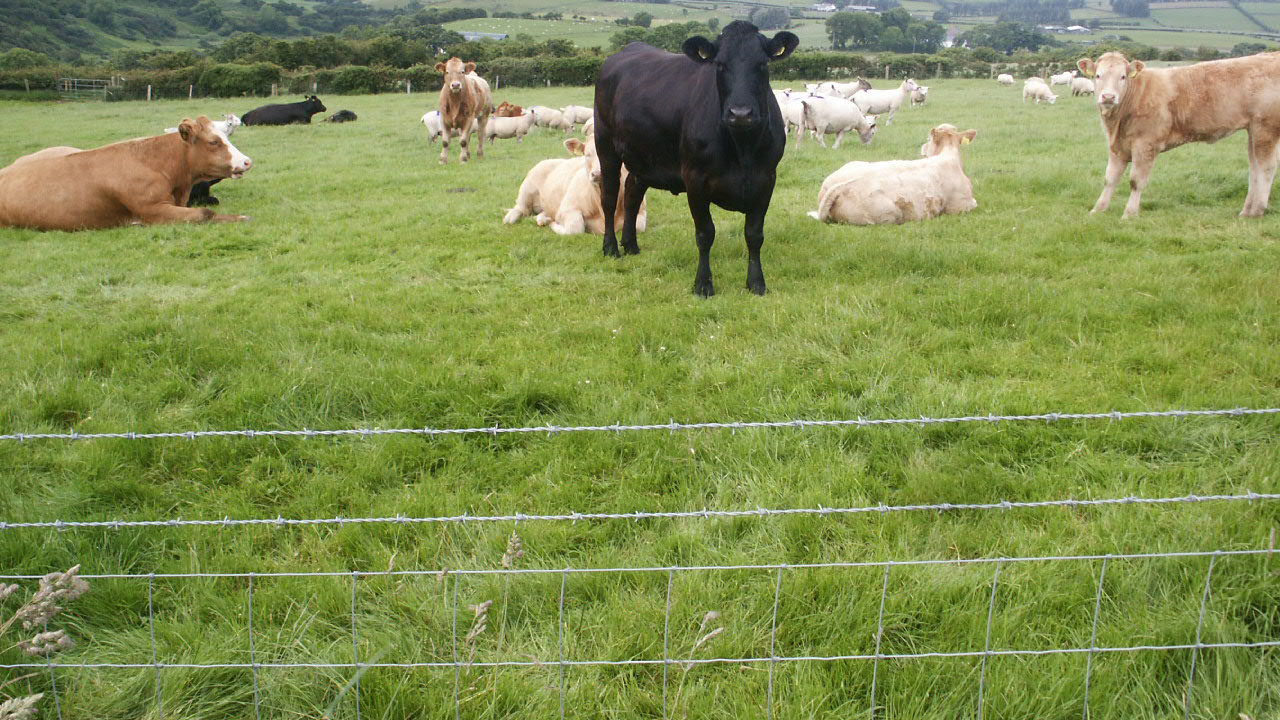The Oireachtas Agriculture Committee, which I Chair, has published a report on how we can maximise the range of the benefits available from agricultural land.
Politicians are sometimes criticised for being short-termist, failing to take a long-term strategic approach to public policy. Some of this criticism may be valid, but TDs and Senators from a cross party Committee have launched a report to transcend the Dáil term, containing recommendations in a policy area that can only grow in importance to Irish farm families for decades to come.
Over a series of hearings earlier this year, the Committee explored how best to balance four key demands for our land into the future, namely, increasing food production under Food Harvest 2020, offsetting carbon, the provision of clean water and lastly, the protection of habitats for biodiversity.
We benefitted from the perspectives of prominent experts from Teagasc, Coillte, the Directorates General of the European Commission, the Environmental Protection Agency, UCD’s School of Agriculture and Food Science and Bord na Móna. Their contributions have played a key role in the formulation of this report.
It finds that reaching our Food Harvest 2020 targets while staying within our environmental limits will be a major challenge. But we are saying that with requisite Government commitment and support from the farming community, we believe that the shorter term challenges of reaching the Food Harvest 2020 targets and environmental commitments can be met.
Our conclusions acknowledge the importance of a sustainable agriculture and land use sector – including afforestation and the use of agricultural soils as carbon sinks – as key considerations in ensuring coherence between the EU’s food security and climate change objectives.
Of course, education underpins all initiatives at farm level in this area. Emphasising financial rewards for farmers as well as environmental benefits of the various methods detailed will all help to maximise land use potential. With this in mind, key findings of the report include:
• Further assessment of concepts such as sustainable intensification (SI) and offsetting (or land sharing), with a view to putting them into practice where possible;
• The provision of grants for afforestation and bioenergy crops;
• The full harnessing of high-technology schemes and greening measures proposed under the new Common Agricultural Policy (CAP) 2014-2020;
• The need to foster knowledge transfer to farmers through upskilling for all agricultural and environmental farm advisors;
• Encourage the greater use of farmer discussion groups and demonstration farms to increase food production in a sustainable manner; and,
• At farm level, support the use of low carbon farming tools such as the Carbon Navigator, nutrient management planning and avail of best practice through participation in the BETTER farms programme.
It is timely that the publication of the report coincides with discussions currently underway at EU level to foster a sustainable agriculture and land use sector from 2020 through to 2050.
The report was prepared shortly before an agreement was reached on a new EU Climate and Energy Policy Framework for the period to 2030 (European Council, held from 23-24 October). The conclusions of that meeting acknowledged the importance issues such as afforestation in ensuring coherence between the EU’s food security and climate change objectives.
In this context, I believe this report is a very important and worthwhile publication for the future, for example in drawing attention to research in relation to carbon sequestration through restoration of cutaway bogs and by soils and vegetation through changes in farming practices.
As pointed out to us during our hearings, changing land use is a slow process in every country that requires early engagement because it is difficult to manage.
Accordingly, we have produced what we believe to be a well-researched and balanced report which engages with the policy and legislative-making EU process. We do so determined that the voice of the Committee and of a range of stakeholders from Ireland be heard at this early stage at EU level when outcomes can more realistically be influenced. Ireland must be in a position to inform this process rather than respond to it in ten years’ time.
The green, clean image of Ireland’s agricultural produce is key to how we market our produce and this report pulls together a variety of studies and strands of opinion on how we can best sustain this record into the future. Copies of the report will be sent to the Minister for Agriculture, Food and the Marine and his Department, the EU Commission and we hope to have the opportunity to debate its contents on the floors of both the Dáil and Seanad in the near future.
Andrew Doyle, Chair of the Oireachtas Joint Committee on Agriculture, Food and the Marine.
